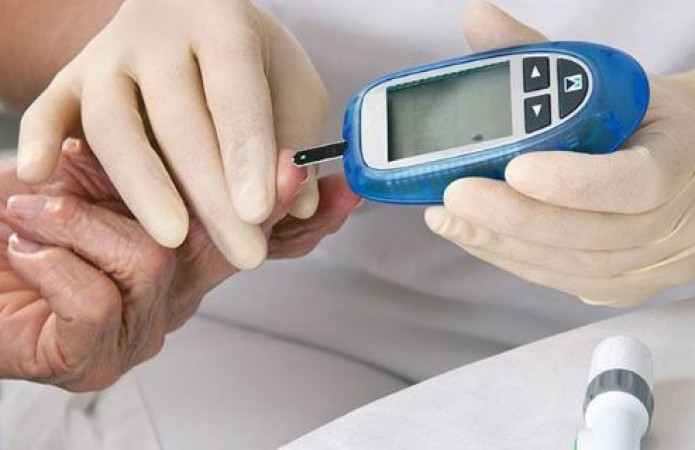
Washington: According to research from Cedars-Smidt Sinai's Heart Institute, those who have had COVID-19 are more likely to get new-onset diabetes, the main cause of cardiovascular disease.
The study's first and corresponding author, Alan Kwan, MD, a cardiovascular specialist at Cedars-Smidt Sinai's Heart Institute, said that the findings "verify that the risk of developing Type 2 diabetes after a COVID-19 infection was not just an early observation but, in fact, a real risk that, unfortunately, has persisted through the Omicron era."
The majority of Americans will eventually develop COVID-19 infection, therefore the rise is alarming, according to Kwan. The post-COVID-19 period of cardiovascular risk is better understood because to this research study, Kwan noted.
The results, which were released today in the journal JAMA Network Open, also imply that the risk of Type 2 diabetes may be lower in people who had had a COVID-19 vaccination before contracting the infection.
Investigators looked at the medical records of 23,709 adult patients who were treated at Cedars-Sinai Health System in Los Angeles between 2020 and 2022 and had at least one verified COVID-19 infection. The subjects were 54% female and had an average age of 47.
With regard to both vaccinated and unvaccinated patients, the overall risk of Type 2 diabetes after COVID-19 exposure was 2.1%; 70% of cases occurred after COVID-19 infection and 30% of cases occurred before COVID-19 exposure.
The findings also suggest vaccination can help protect against the risk of diabetes after infection,as the risk of diabetes appeared to be lower in patients who were vaccinated at the time of infection.
The pancreas is unable to produce enough insulin, a hormone that aids in controlling blood levels of glucose and amino acids, as a result of diabetes, which interferes with normal metabolism and metabolic processes. Diabetes increases the risk of heart attack and stroke because it can harm blood arteries and key organs.
The disease affects an estimated 26 million people in the United States.
Study finds, Least wealthy more likely to have mental health disorder
Symptoms and risk 7 factors for long COVID revealed
New device to detect brain tumour through urine